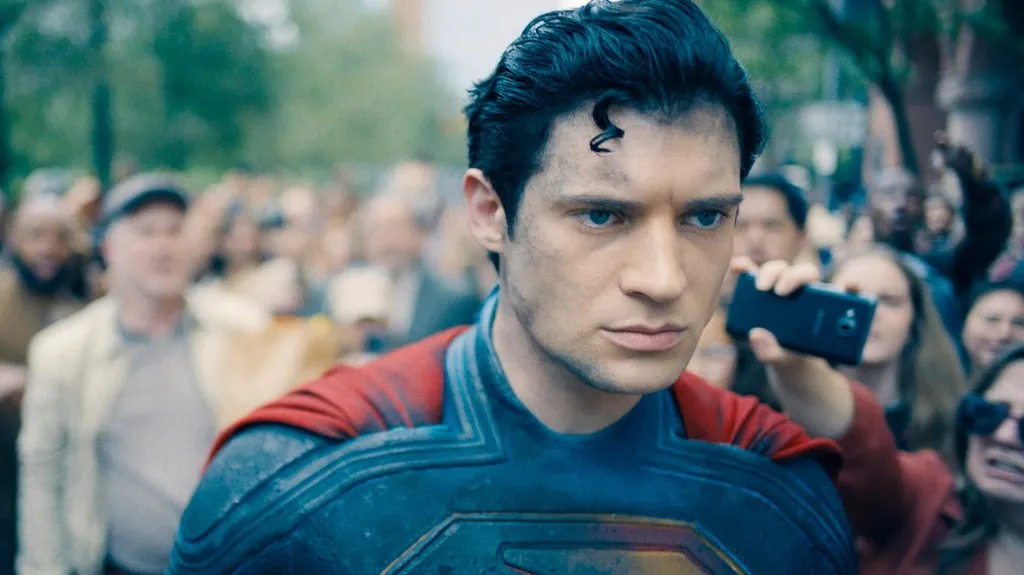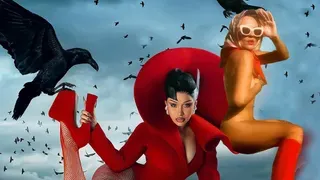December 20, 2021
Aaron Sorkin Slams 'Empty Gesture' of Not Casting Straights in LGTBQ+ Roles
Kilian Melloy READ TIME: 2 MIN.
"Being the Ricardos" filmmaker Aaron Sorkin called casting only LGBTQ+ actors in LGBTQ+ roles an "empty gesture" because "Gay and straight aren't actable."
Sorkin made the comments while talking about Spanish actor Javier Bardem playing Cuban entertainer Desi Arnaz in Sorkin's new film, "Being the Ricardos," UK newspaper The Times reported. (Story is behind a paywall.)
Crow River Media detailed the 60-year-old filmmaker's comments, reporting that Sorkin offered the opinion that nationality – such as Bardem being Spanish and Arnaz having been Cuban – are "not actable" attributes.
For the role, Bardem, 52, adjusted his accent to more closely resemble that of Santiago de Cuba-born Arnaz.
"If I was directing you in a scene and said: 'It's cold, you can't feel your face,' that's actable," Sorkin argued. "But if I said, 'Be Cuban,' that is not actable.
"Nouns aren't actable," Sorkin continued, before adding: "Gay and straight aren't actable. You can act being attracted to someone, but can't act gay or straight. So this notion that only gay actors should play gay characters? That only a Cuban actor should play Desi? Honestly, I think it's the mother of all empty gestures and a bad idea."
The issue of straight and cisgender actors being cast in LGBTQ+ roles has drawn scrutiny of late, with some arguing that it is an actor's job to portray a character regardless of how similar the actor might be, or not, to that character.
Others, however, disagree, and argue that there is no reason why LGBTQ+ roles should go to straight or cisgender actors when there is plenty of acting talent to be found in the LGBTQ+ community.
Sorkin addressed broader cultural issues in his comments as well, pointing to a key plot point in "Being the Ricardos" in which Lucille Ball (played by Nicole Kidman) is dragged through the tabloid media for having once registered as a member of the socialist political party. The issue resurfaced years later, during the "Red Scare" of the McCarthy years, when ordinary Americans – but especially journalists, academics, and Hollywood – were under government assault for supposedly being communist sympathizers.
Sorkin drew parallels between that era and today, saying that the panic around communism in the 1950s "reminds you of Twitter" today.
Kilian Melloy serves as EDGE Media Network's Associate Arts Editor and Staff Contributor. His professional memberships include the National Lesbian & Gay Journalists Association, the Boston Online Film Critics Association, The Gay and Lesbian Entertainment Critics Association, and the Boston Theater Critics Association's Elliot Norton Awards Committee.




